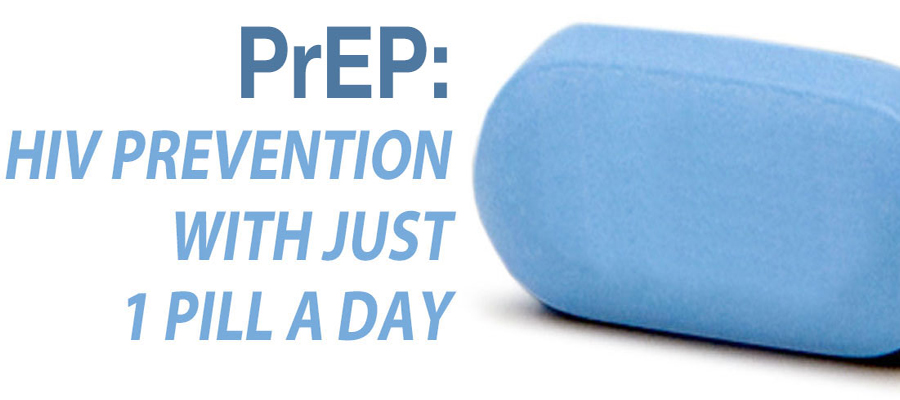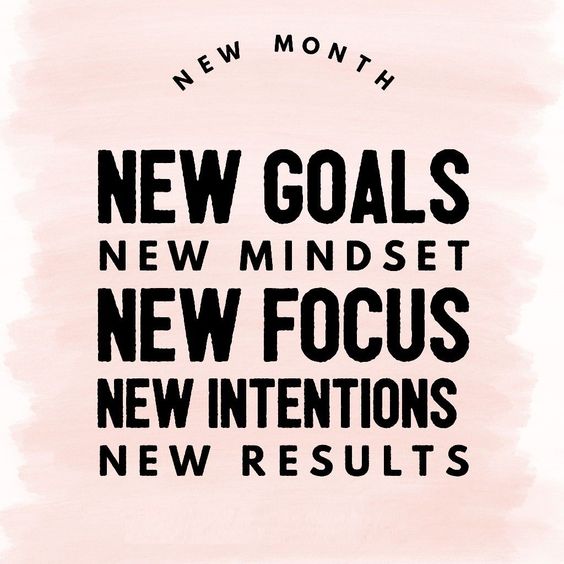What's New
HIV and STI screening:
Half of all sexually active people will get an STI (sexually transmitted infection) before age 25. Most won't know it. So get yourself tested.
You should get tested for HIV at least once a year if:
- You're a sexually active gay or bisexual man.
- You've had sex with an HIV-positive partner.
- You've had more than one partner since your last HIV test.
- You've shared needles to inject drugs.
- You've exchanged sex for drugs or money.
- You have another sexually transmitted disease, hepatitis, or tuberculosis.
- You've had sex with anyone who has done anything listed above or with someone whose sexual history you do not know.
Testing is as easy as 1, 2, 3.
![]() Schedule an appointment.
Schedule an appointment.
Call (401) 254-3156 Monday through Friday from 8:30 am to 5:00 pm.
If you don't have symptoms and just want to get checked out, schedule an STI Screening (no symptoms) appointment with the nurse.
If you have symptoms, think you've been exposed to an STI, or you are pregnant, schedule an STI Symptoms/Concern appointment with a nurse practitioner.
If you may have been exposed to an STI, even if you haven't noticed any symptoms, schedule an appointment to talk about possible preventative treatment.
![]() Before your appointment: Don't empty your bladder for at least 1 hour before your scheduled appointment time. Refrain from eating, drinking or brushing your teeth for 20 minutes before HIV testing.
Before your appointment: Don't empty your bladder for at least 1 hour before your scheduled appointment time. Refrain from eating, drinking or brushing your teeth for 20 minutes before HIV testing.
![]() Get same day HIV results and other STI test results in 3-4 days.
Get same day HIV results and other STI test results in 3-4 days.
How to Protect Yourself from HIV and other STIs.
- Use condoms. Use condoms correctly every time you have sex.
- Limit your number of sexual partners. The more partners you have, the more likely you are to have a partner with HIV whose HIV is not well controlled or to have a partner with an STI. Both of these factors can increase the risk of HIV transmission.
- Get tested and treated for STIs. Insist that your partners get tested and treated too. Having an STI can increase your risk of becoming infected with HIV or spreading it to others.
- Don't inject drugs.
- Talk to a health care provider about pre-exposure prophylaxis (PrEP). PrEP is an HIV prevention option for individuals who don’t have HIV but who are at high risk of becoming infected with HIV. PrEP involves taking an HIV medicine daily to lower your chance of getting infected.

Truvada and Descovy are medications approved to significantly reduce the risk of sexually acquired HIV infection in individuals at risk. Daily PrEP reduces the risk of getting HIV from sex by more than 90%. Among people who inject drugs, it reduces the risk by more than 70%. Your risk of getting HIV from sex can be even lower if you combine PrEP with condoms and other safer sex practices.
Prescriptions for Truvada and Descovy are available at Health Services. Schedule an appointment to discuss if PrEP is right for you.
"Meet the Dietician"
Start Your New Year Off Right!!
Students have the opportunity to meet virtually with a registered dietician at a time that is convenient for the student. Any student interested in discussing food allergies, weight management, or any other food related concerns is encouraged to schedule an appointment. The service is free and available to all students.
The appointments are 30 minutes.
Take advantage of this great opportunity. Call Health Services at 401-254-3156 to schedule an appointment.



